Maybe take some rest, but not that much. Slow down, wait, buckle up. Right or wrong, good or bad, the advice is almost always subjective. While hustle culture paces you for the world, wellness influencers can try to slow you down. What’s the catch? Well, confusion. It’s time we give our nervous system some much-needed break from all of it.
The Rise of the ‘9 to 5’ Aesthetic
Stumbling upon Instagram reel trends and YouTube shots that showcase people’s before-and-after routines around their ‘9 to 5’ jobs is a rabbit hole many of us might have fallen into or may have simply come across. ‘Hustle culture’, otherwise a way of romanticizing the ‘grind’, as Gen-Z would call it, is a double-edged sword. Often held in the hands of social media wellness influencers.
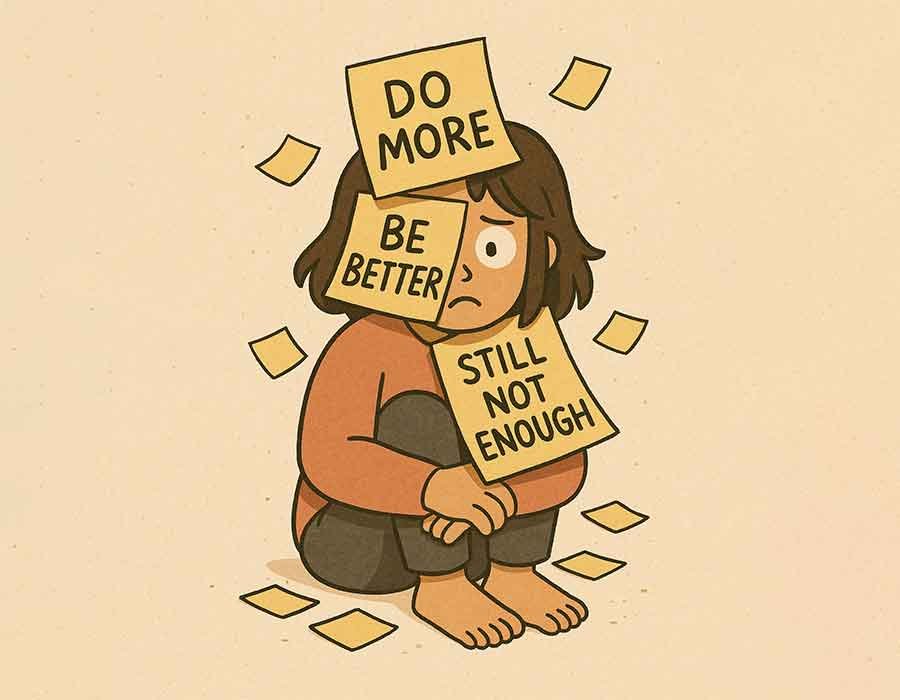
The Weight of Never Feeling “Enough”
Understanding Imposter Syndrome
Imposter syndrome, while there are different kinds of it, mainly revolves around the key concept of feeling like you’re never enough or never doing enough. Performing over living. Often followed by nervousness or anxiety, craving perfection, and wanting to do more. When accompanied by negative self-talk, we tend to underestimate all the effort being put in and sabotage our happiness (Cuncic, 2024).
When Hustle Fuels the Inner Critic
Hustle culture is what then gives imposter syndrome the hunger for wanting more of anything really. It gives it leverage to thrive in a competitive environment of media influencers, but it can’t, which, as one can predict, isn’t the best-case scenario in the long term.
This article focuses on toxic productivity and newfound perspectives on fulfillment and satisfaction due to hustle culture and wellness media. The topic is quite a socio-psychological one. Followed by the impact that these have on blurring lines between our work and personal lives in the internal crisis it has created for all of us collectively. It also explores just how satirically yet seriously we are overriding Maslow’s Hierarchy of Needs, the safety needs (MSEd, 2024). Health and financial safety is a need but now it’s also become a race that we all must run for but in circles under a glass ceiling standard.
The Cost of Always Doing More
While there are pros to this phenomenon (or yet another decade trend if you must), it comes with its backpack of consequences on our mental and physical health. (Jindal et al., 2024). That nagging feeling of “I should be doing more” while already being at the very peak of our efforts too.
When did healing become a project?
In an economy where hustle culture has us sprinting to the finish line of a never-ending rat race, wellness shows up to slow us down. Wellness influencers can promote and explore the content of a few kinds, the main ones being mental and physical health, nutrition, mindfulness, overall emotional well-being, and more. While this can help us slow down, a reminder to take care of ourselves first, the information and choice overlord can feel overwhelming. It’s a miracle we somehow manage to balance life out. Tricky, as well. One could say following digital minimalism makes it easier to make an informed decision, one that we can use to our advantage but it’s better said than done (MSEd, 2024).
The Loop of Advice: Healing or Hustling?
There is a question that stands out almost every time: Are we doing what our bodies and minds are telling us to, or are we just all caught up in this loop of advice? Our nervous systems need a break. Truly giving ourselves the time and space we need to heal and rest things aside sounds cool until hustle culture shows up. It’s ironic, a paradox. Where one is expected to follow both for a “fulfilling life” but is it really that simple?
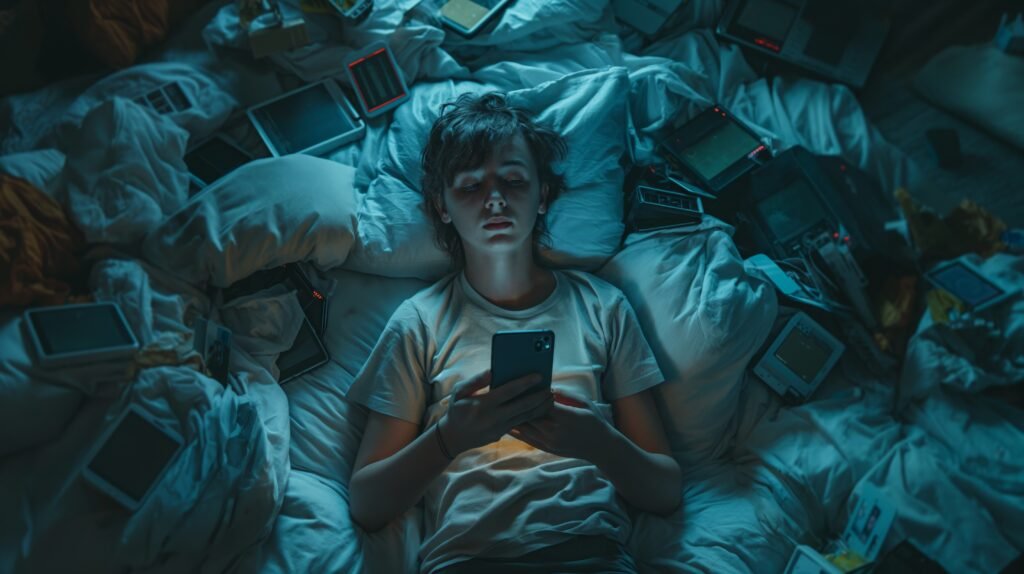
Algorithms, Achievement, and ‘Deserved’ Rest
It’s no news how social media as a whole takes over our senses. Causing fatigue, restlessness, and anxiety, leaving us feeling unfulfilled even on our best days. We start to think we can’t allow ourselves rest or a reset in attitude about anything without feeling we are deserving of it.
The Role of Cognitive Dissonance
To understand it better, let’s bring in the theory of cognitive dissonance (McLeod, 2025). When we act in contrast to what we really believe in or want to do despite knowing better which causes stress and anxiety well that’s what cognitive dissonance is. In the case of the Instagram algorithm and the need to achieve more all the time, our minds also need rest from constantly keeping up with new trends to live life.
When Rest Doesn’t Feel Like Rest
Every new health juice recipe, a new serum for clearing acne, one person telling you to take the day off by being mindful and self-loving while the other, on the very next reel, urging you to go chase that start-up dream you only dream to get you started on. Whether it’s some new workout method or some new way to work your 9-5, even rest doesn’t seem like rest anymore. We question and fall into it head first at times.
Comparisons and Sabotage
The Social Comparison Trap
Festinger’s social comparison theory (MSEd, 2024b) explains how one compares oneself to another almost all the time. This can be used to understand how wellness influencers and seeing others be a part of the hustle culture. Even your very close ones can affect your productivity and self-concept. Way more than one can consciously realize.
The Spiral of “Not Enough”
It’s when this comparison starts to affect our mental health very consciously in either the upward spiral; one where we compare ourselves to those better than us. Someone getting a better salary, a better promotion. Someone being more consistent with their health and diet and mentally stable could make us feel like we are not doing enough. So we start doing more. But often we don’t have the energy for it, which can lead to a spiral of anxiety, low motivation, depression, and more, leading to learned helplessness as proposed by Seligman (MSEd, 2023).
The Downward Spiral of Justification
In the same way, our brains can perceive a downward spiral as a way to feel better about ourselves. This is where we compare ourselves to someone not as good as us and take that as an excuse to then make ourselves feel better. A parasocial relationship with the outside world. A hedonic treadmill of running after never-ending “chores” which should feel easier if we just ran more, ran faster.
Hustle Culture Meets Wellness: A Complicated Relationship
What if we just did more because everyone seems to be but when hustle culture and wellness influencers come into play, it makes it that much more difficult?
Conclusion
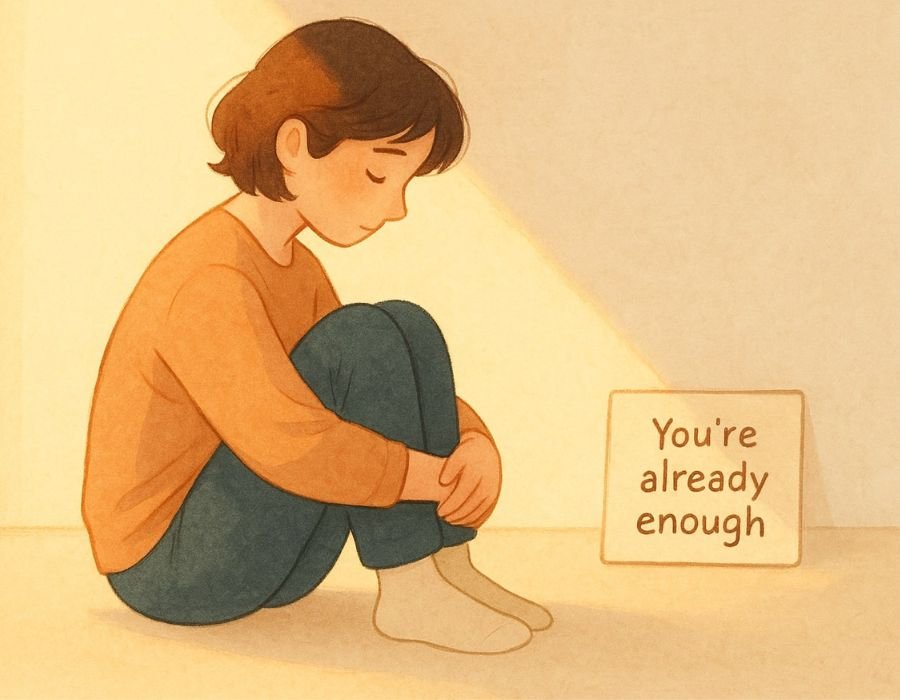
It's okay to go at your own pace, even cooler to just take a little break. If there's one thing we can take away from this seemingly inescapable internal crisis we find ourselves spiralling into from time to time, is to breathe. To breathe in, breathe through, and breathe deep as you move forward
It’s okay to go at your own pace, even cooler to just take a little break. If there’s one thing we can take away from this seemingly inescapable internal crisis we find ourselves spiralling into from time to time, is to breathe. To breathe in, breathe through, and breathe deep as you move forward. Baby steps, like doing things you like and feel safe doing, can go a long way. Even those that seem to have cracked the code, still strive for one more thing they could’ve done or still can do. It’s a loop. A deceiving one. While it’s tough to get over helpful techniques like somatic therapy and cognitive reasoning, CBT can make a difference. Recognizing the effort we have already put in and validating that can be a powerful and empowering start!
FAQs
1. Why is hustle culture so famous?
It promotes the mindset of constantly being on your toes. Chasing all your goals and dreams, even if sometimes a break is needed. It pushes people further from their potential, and although exhausting to keep up with, some of them could see short-term benefits.
2. Can wellness influencing help slow down hustle culture fanatics?
Wellness influencers typically play the role of slowing us down with mindfulness techniques, better health, and emotional well-being. This is often something that people who follow hustle culture cannot find the time for. So in a way, yes, it does help them slow down even if it’s temporary. However, it can have long-term benefits if followed over time.
3. What is the link between hustle culture and impostor syndrome?
Hustle culture promotes the constant pursuit of achievement, often making people feel like they’re never doing enough. This can fuel imposter syndrome by reinforcing the idea that rest equals laziness and success demands overexertion, leading to anxiety, burnout, and a diminished sense of self-worth.
4. How do wellness influencers impact our mental well-being?
While wellness influencers often advocate for self-care and balance, their curated lifestyles can create unrealistic standards. The pressure to emulate their routines can lead to information overload, comparison anxiety, and the belief that even healing must be productive, adding to the internal crisis many face today.
References
1. Jindal, M., Tamanna, Sophia Massey, & Alyna Gupta. (2024). Prevalence and motivation of hustle culture behaviour among high school students [Article]. International Journal of Humanities and Social Science Invention (IJHSSI), 13(7), 127–132. https://www.ijhssi.org/papers/vol13(7)/1307127132.pdf
2. MSEd, K.C. (2024, April 2).Maslow’s Hierarchy of Needs. Verywell Mind. https://www.verywellmind.com/what-is-maslows-hierarchy-of-needs-4136760
3. https://www.jstor.org/stable/community.33037100
4. Cuncic, A., MA. (2024, September 23). Is impostor syndrome holding you back from living your best life? VerywellMind. https://www.verywellmind.com/imposter-syndrome-and-social-anxiety-disorder-4156469
5. McLeod, S., PhD. (2025). What is cognitive dissonance Theory? Simply Psychology. https://www.simplypsychology.org/cognitive-dissonance.html
6. MSEd, K. C. (2024b, May 21). How social comparison theory influences our views on ourselves. Verywell Mind. https://www.verywellmind.com/what-is-the-social-comparison-process-2795872
7. MSEd, K. C. (2023, April 11). What causes learned helplessness? VerywellMind. https://www.verywellmind.com/what-is-learned-helplessness-2795326









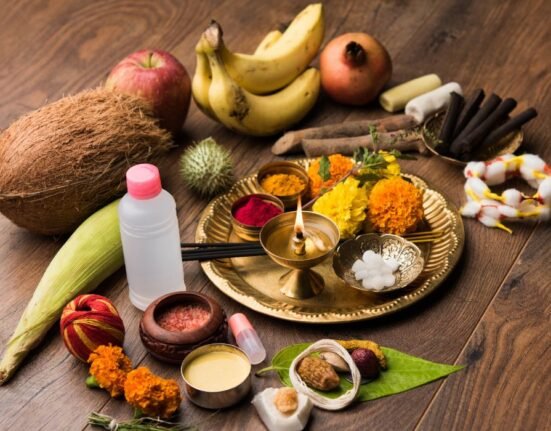
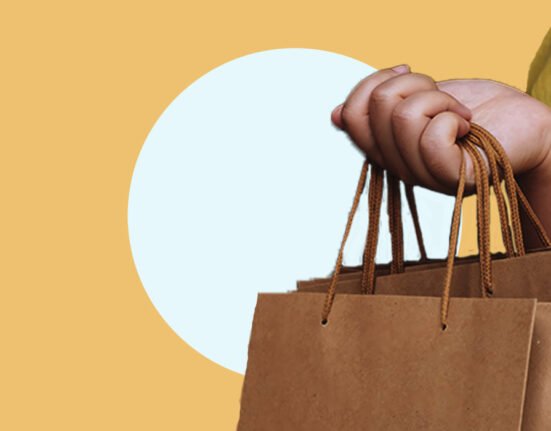
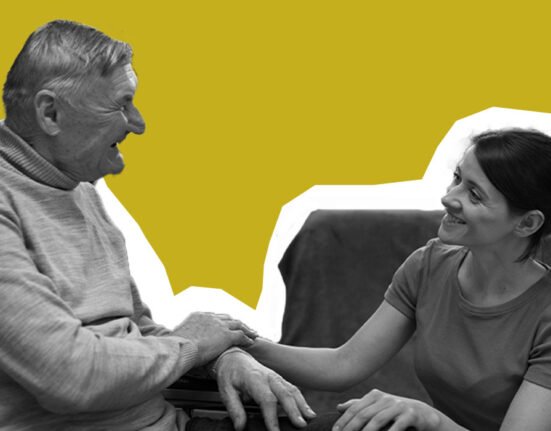

Leave feedback about this